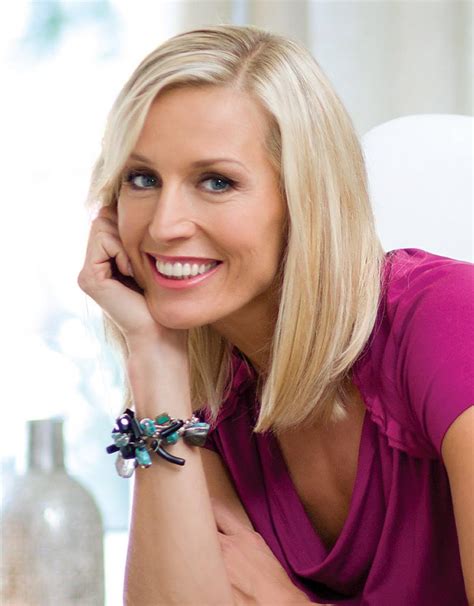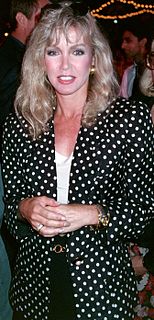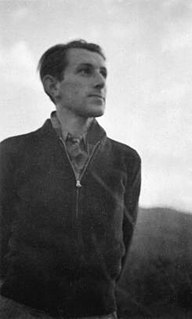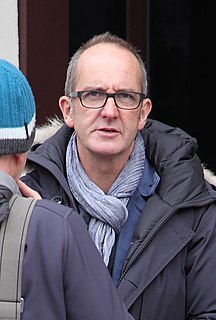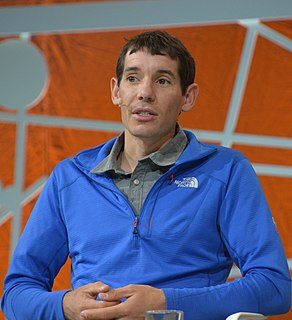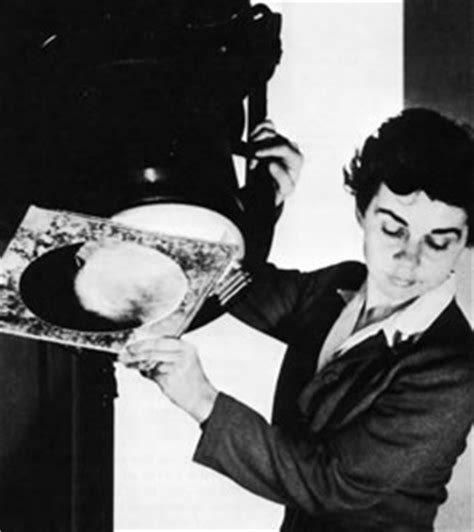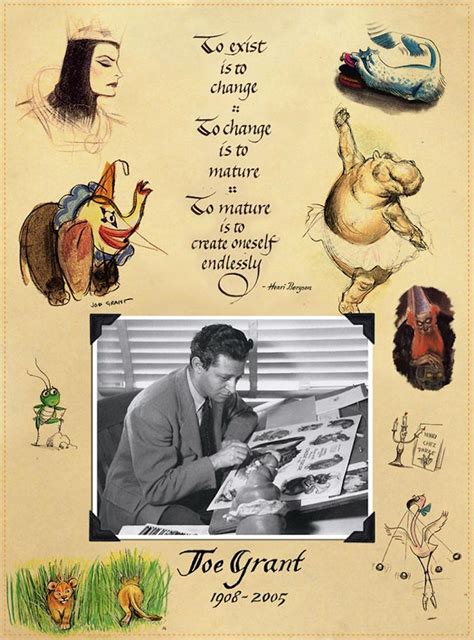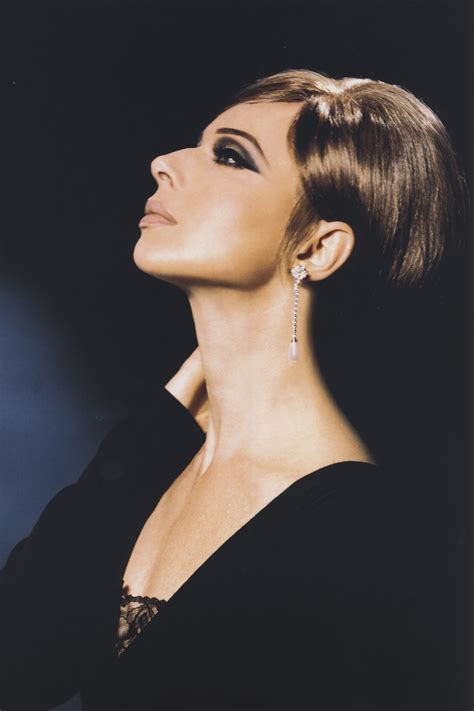A Quote by Roger Deakins
To me if there's an achievement to lighting and photography in a film it's because nothing stands out, it all works as a piece. And you feel that these actors are in this situation and the audience is not thrown by a pretty picture or by bad lighting.
Related Quotes
Usually I design the lighting and when I have the physical set there, I'm not good at going out loosely and saying, 'Do you what you want, give it to the editor, and he'll figure it out.' I physically then walk on with the actors and I say, 'Let's walk until you guys feel the space works for you, and tell me when all that happens.
Usually I design the lighting and when I have the physical set there, I'm not good at going out loosely and saying, 'Do you what you want, give it to the editor, and he'll figure it out.' I physically then walk on with the actors and I say, 'Let's walk until you guys feel the space works for you, and tell me when all that happens.'
And I was very successful at baby photography... Strange isn't it? Because some of my portraits of babies were - I used dramatic lighting, shadow lighting, and I didn't use flash. We didn't have flash in those days, we just had floodlights, and I was photographing babies as I would an object - an inanimate object, for that matter.
I wanted to combine science and photography in a sensible, unemotional way. Some people’s ideas of scientific photography is just arty design, something pretty. That was not the idea. The idea was to interpret science sensibly, with good proportion, good balance and good lighting, so we could understand it.
When I was studying photography, I became interested in conflict photojournalism, and that got me interested in lighting. Then I realized there was this amazing thing called cinematography where you could kind of tell more complete stories photographing for film. So I ended up going to AFI grad school for that.

